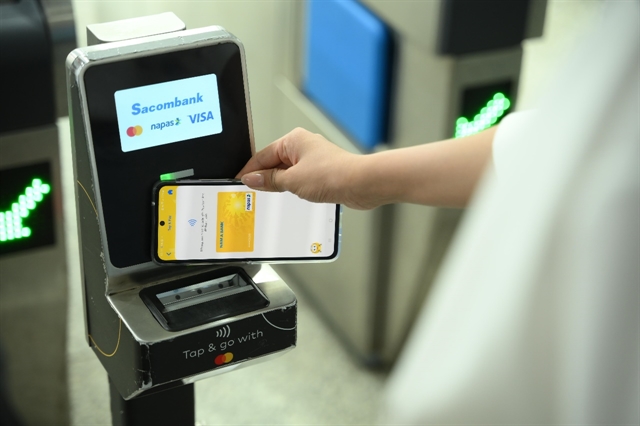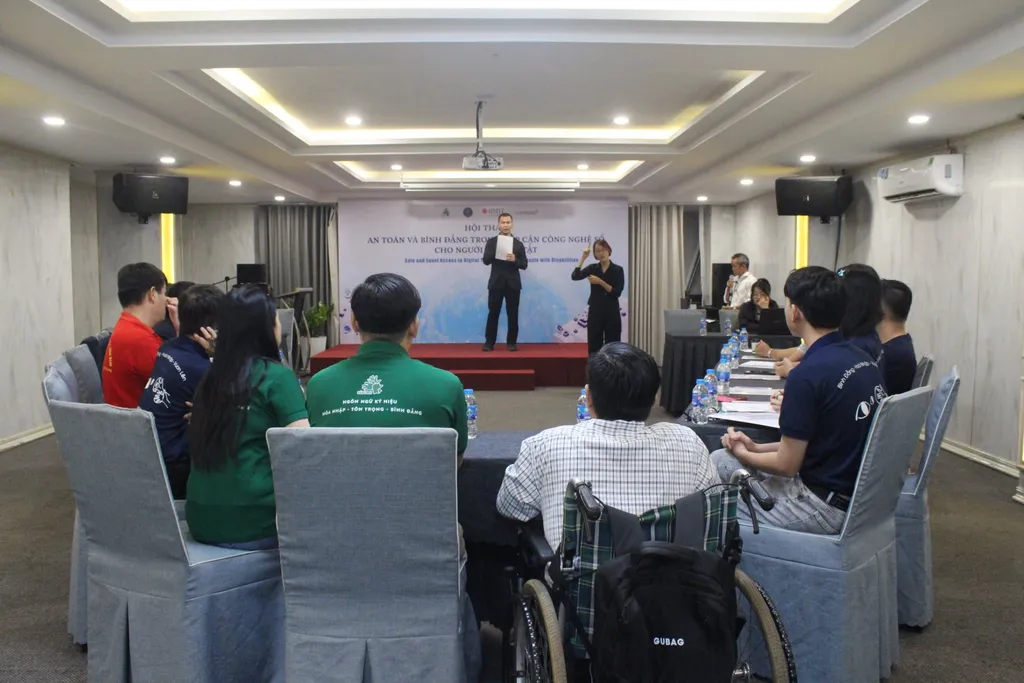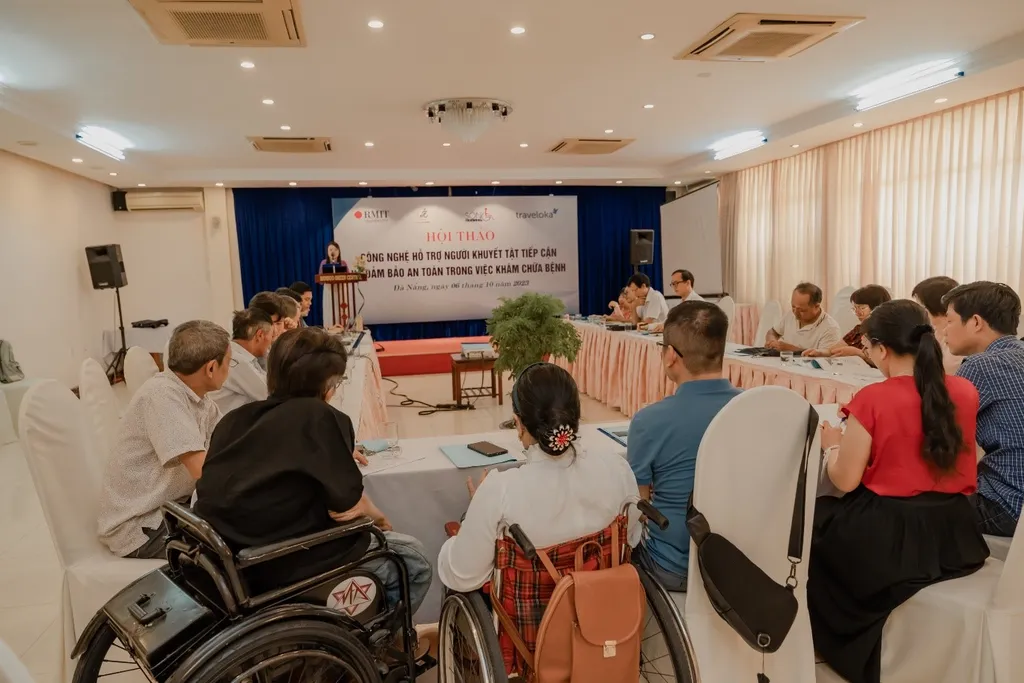 Brandinfo
Brandinfo

In an age where most of us are incessantly glued to our cell phones, laptops, smartwatches, and a slew of other digital technologies, it’s easy to forget about the people in society who might be less connected, in fact, unconnected to the rest of us. One such group is people with disabilities. Not only are they often unable to afford digital devices, the apps and the devices themselves oftentimes lack accessible features. Complicating matters even further are issues surrounding privacy and personal security breaches stemming from the rise of AI.
Digital and AI-enabled technologies have been hypermarketed as a means for improving quality of life, but it is our societal obligation to ensure that people with disabilities are not perpetually shortchanged. To live up to this responsibility, we must detect and mitigate negative consequences early.
In Viet Nam, the digital divide is a lingering issue. Many people with disabilities are unable to afford digital platforms or fully access their features and interfaces. Those living in rural areas with patchy internet connection due to poor infrastructure have it especially rough. If left unaddressed, this digital divide will widen.
 |
| A dialogue on safe and equal access to digital technologies attended by the Deaf and Hard of Hearing Communities from HCMC and other cities in South Vietnam. |
Improving infrastructure for internet connectivity and implementing inclusive design principles in the development of digital technologies are a logical starting point. However, empowering people with disabilities with digital literacy skills required to protect themselves is a goal worth striving for. With Traveloka’s financial assistance, The Inclusive Digital Literacy Project aims to do just that. To date, it has reached nearly 500 low-income disabled people residing in 23 different provinces in Vietnam. While these beneficiaries report improvements in their wellbeing and are generally optimistic about the promise of digital technology, their privacy and data are still at risk.
Information privacy literacy
In July of 2023, Decree No. 13/2023/ND-CP, a measure aimed at safeguarding personal data, took effect. This governmental action indicates a dire need for such protections. While many able-bodied people might dismiss or overlook the need to protect their personal data, these skills can be wholly inaccessible to people with disabilities making it a foregone conclusion that they are at risk not by choice, but by circumstance.
Researchers from RMIT University Vietnam, Monash University Malaysia, and Gajah Mada University Indonesia found that in Vietnam, people with disabilities are often unaware that their data and privacy even need to be protected. Disclosing personal data is the norm given the complex navigations that they must undertake in social interactions. Furthermore, compared to their non-disabled counterparts, people with disabilities are unable to access information and technological safeguards that might allow them to autonomously protect their personal information. Due to this inaccessibility, many abdicate their privacy rights in return for digital access.
 |
As Dr. Abdul Rohman of RMIT University Vietnam discovered in his research, people with disabilities were inclined to support government efforts to effectively engage in contact tracing by using apps. However, Blind citizens often had to rely on others to help transfer personal data to the apps. An app which was accessible to the Blind would have given these users agency over who, if anyone, they chose to disclose information to.
Personal data and privacy protection has gained traction as digital platforms have become an integral part of national and societal development. However, the concept of social inclusion has been lagging. In essence, the number of situations where people are asked for information is rising, but the consideration for those who require accommodations to make informed decisions has stalled. This leaves people with disabilities hyper-vulnerable to security breaches.
AI literacy
Despite optimism that AI will help increase information accessibility through converting images to sound or sounds to images, the fact is that this technology has yet to reach the greater portion of the disabled population. In some cases, AI is a totally foreign concept. As such, the likelihood of exploitation is a concern. Like many other technologies, AI-enabled technologies are inaccessible and unaffordable to people with disabilities. Those who can access it and afford it are oftentimes unaware of the data they relinquish to obtain it.
Many AI-enabled technologies are designed without any sense of accessibility from the designing stage to the end-user stage. They are developed based on data which represents general norms, further marginalising people with disabilities as outliers. Consequently, these technologies are inherently exclusionary, which will exacerbate the current situation and further the systemic discrimination against people with disabilities.
Though building references and data into the development process is the easiest answer, numbers are often insufficient indicators. In essence, empathy and attentiveness to the lived experiences of disabled people is what is needed. The real, most meaningful, solution would include the involvement of people with disabilities at each step of the developmental process—instead of viewing accommodation as an afterthought.




